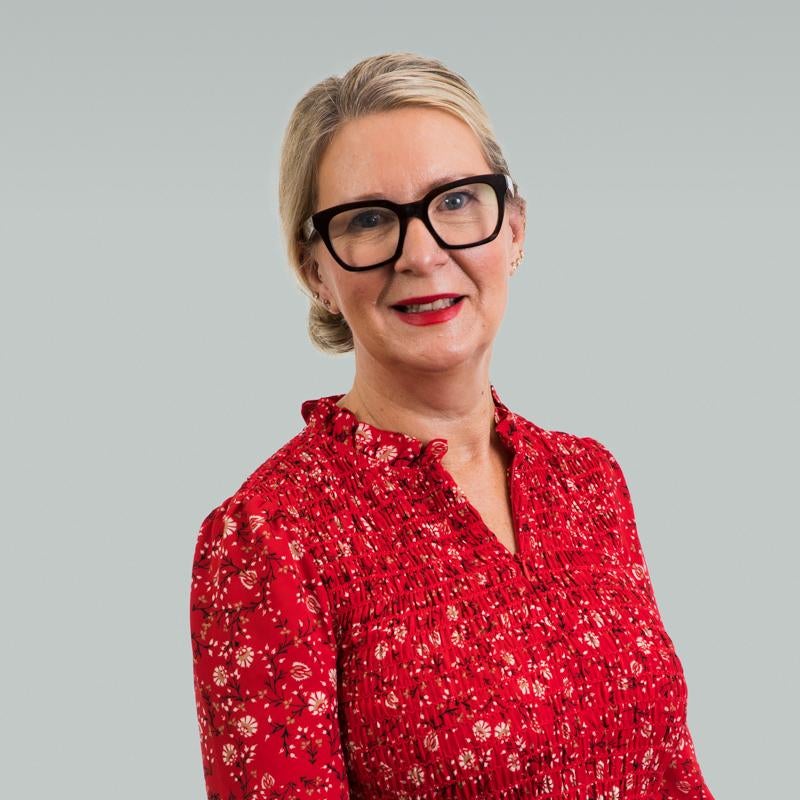Press release by Mark Sattin – More than half of female accountants feel their gender restricts their success in the workplace.
According to research by accountancy and finance recruiter Marks Sattin, more than half of women (51%) feel their gender is a barrier to career success. This compares to just 12% of men who feel their gender restricts their ability to achieve promotion and receive salary increases.
But the disparity between male and female salary in the accountancy industry appears to be shrinking. According to the ONS’ Annual Survey of hours and earnings, female accountants earned an average salary of £32,080 last year, while men received £38,500i, meaning women were paid on average 81% of the male average salary. In 2010, female accountants were paid £32,120, which represents just over three quarters (77%) of the average salary of £41,700 paid to men.
Dave Way, managing director of Marks Sattin said: "The accountancy industry must be proud that the gender pay gap is being narrowed, but the fact that women working full-time are still receiving a fifth less than their male peers reminds us all of the vital work that needs to be done to ensure female accountants operate on a level playing field.
"Received wisdom has been that pay disparities have been because female employees are generally less willing to demand pay rises from their employer. But the narrowing of the pay gap over the last year demonstrates women are increasingly aware they shouldn’t settle for smaller salaries. The lesson for those who think their gender is preventing them from enjoying career success is to consider the opportunities available elsewhere".
REACHING THE TOP
How well do you really know your competitors?
Access the most comprehensive Company Profiles on the market, powered by GlobalData. Save hours of research. Gain competitive edge.

Thank you!
Your download email will arrive shortly
Not ready to buy yet? Download a free sample
We are confident about the unique quality of our Company Profiles. However, we want you to make the most beneficial decision for your business, so we offer a free sample that you can download by submitting the below form
By GlobalDataWhile the narrowing of the pay divide is an encouraging sign of a more level playing field for women in the accountancy industry, Marks Sattin’s analysis of the proportion of women in senior positions among the Big 4 accounting firms provides less positive news. Less than 14% of the European and UK boards of the Big 4 accounting firms are currently made up by women, suggesting that reaching the highest positions in major firms remains significantly more difficult for women than menii.
The findings indicate a number of the major accountancy employers may struggle to meet Lord Davies’ recommendation that at least 25% of board positions in the FTSE 350 should be occupied by women by 2015. The CBI has reported 14.5% of board positions in the FTSE 100 are currently held by women, well short of Lord Davies’ voluntary target.
Dave Way continues: "True gender equality can’t be achieved through pay parity alone. While employers in the accountancy industry are bringing in roughly equal numbers of men and women at graduate level, only a very small proportion of women seem to be able to reach the top.
"One of the biggest drivers of the conspicuous absence of women in top positions is a sense of disenfranchisement among female employees from the tops of companies. The fact that so many more women than men consider themselves at a disadvantage in terms of career development is testament to this. It’s essential employers work hard to encourage and develop female talent for the top roles, but also that women actively push themselves forward for senior roles and don’t allow the historical precedent to determine the future composition of board rooms".






